Spinach
Spinach is one of the best plant-based sources of iron, making it excellent for restoring energy levels, improving quality of the blood and anemia treatment. Spinach is rich in folate, extremely high in vitamin K and has good amounts of calcium, helping maintain good bone health. High vitamin A and carotenoid content makes it great for eye health and preventing cataracts and macular. Compounds in spinach like antioxidant kaempferol and chlorophyll may help slow down tumor growth and have anti-cancer effects. Spinach is rich in nitrates which, together with potassium, lower blood pressure and protect heart health. Antioxidant called alpha-lipoic acid, found in spinach, can help treat diabetes and lower glucose levels.

